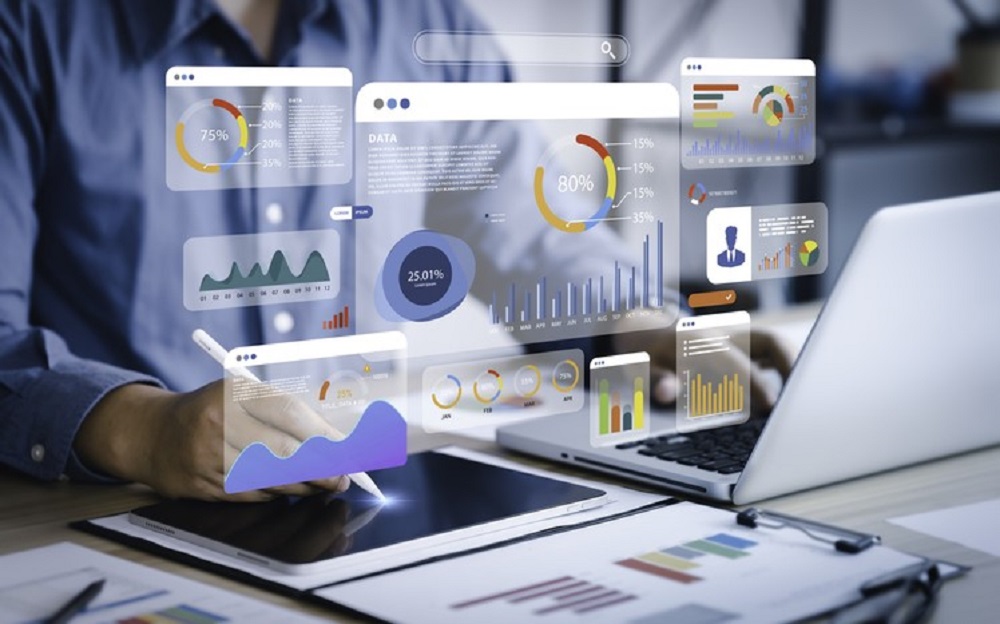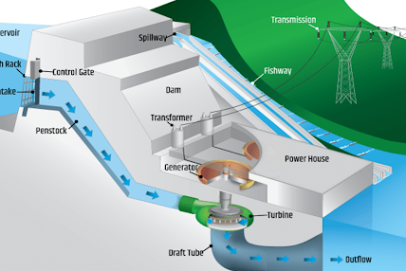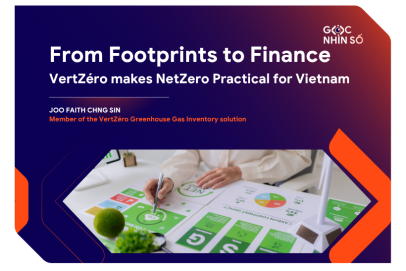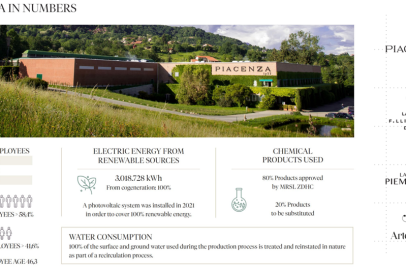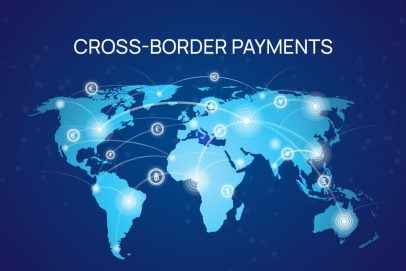From Excel to AI-powered accounting – the Future of Sustainability Reporting
For years, sustainability reporting has relied on manual Excel spreadsheets. What began as manual reporting of emissions has now evolved into one of the most complex and regulated aspects of corporate performance. Globally, companies are moving towards stricter Environmental, Social and Governance (ESG) disclosure requirements, causing the old spreadsheet-based system to fall behind.
The next phase of corporate sustainability will be powered by automation, data integration, and artificial intelligence. This transformation will redefine how organizations report and how they operate, linking sustainability standards directly to financial results and long-term value creation.
AI-powered accounting and automation will be the new corporate sustainability (Source: Internet).
When Spreadsheets fall short
Excel once offered a sense of control: flexible, familiar, and easy to adapt. But sustainability data has grown beyond its capabilities. Modern ESG reporting involves thousands of data points across facilities, suppliers, and operations. Scope 1-2-3 emissions alone demand inputs from multiple systems like energy consumption, procurement records, logistics data, and even supplier declarations.
The more complex the data, the more fragile a spreadsheet becomes. Files get duplicated, formats clash, and small errors can snowball into compliance risks. More importantly, spreadsheets lack traceability. As regulations tighten under frameworks like the EU’s CSRD (Corporate Sustainability Reporting Directive), companies are expected to prove where their data comes from, how it’s calculated, and whether it is auditable. Excel, built for flexibility, was never designed for accountability.
These inefficiencies cost time and money, but the larger risk lies in credibility. In an era where investors, customers, and regulators all demand verifiable ESG performance, outdated data practices can undermine trust and competitiveness.
How AI redefines Sustainability Accounting
Artificial Intelligence brings precision, automation, and foresight to sustainability management. Instead of relying on manual inputs, AI systems connect directly to operational data sources like ERP systems, HR databases, logistics networks, and utility providers to gather information in real time.
Machine learning models can automatically categorize transactions and assign them to the correct sustainability categories: energy use, business travel, raw materials, or waste streams. They calculate emissions used by the current emission factors and continuously update as new data flows in. This not only get rids of manual entry but ensures every figure is traceable and accountable to its source, solving the transparency challenge that spreadsheets could never.
AI also adds analytical intelligence to the once stagnant process. Predictive models can simulate the impact of operational changes like the changing of suppliers or upgrading of equipment which could positively affect the company’s carbon footprint or base cost. Natural language processing can extract ESG data from invoices and reports automatically. These capabilities turn sustainability accounting from a backward-looking report into a forward-looking management tool.
The outcome is not just better reporting, but better decision-making. When sustainability data becomes dynamic and integrated, companies can recognize inefficiencies, predict carbon costs, and include climate risk directly into financial plannings.
Why Businesses Should Care
For many companies, AI-driven accounting might seem like a future investment, but it is quickly becoming a present necessity. Around the world, sustainability data is being held to the same standard as financial data. Regulators, investors, and auditors now expect ESG metrics to be accurate, verifiable, and timely.
AI platforms dramatically reduce the cost and complexity of compliance by automating data collection and creating audit-ready records. They also strengthen investor confidence. Transparent, real-time ESG data signals good governance and operational maturity, which are qualities that are increasingly tied to access to finance and supply chain industry.
Beyond compliance, AI delivers measurable business value. Automated systems reveal inefficiencies that directly impact costs. Sustainability data becomes a profitability tool, not just a reporting obligation.
Companies will gain a competitive edge if they adopt this approach early. With many markets introducing carbon pricing, border adjustments, and low-carbon trade preferences, firms with robust data systems will be able to navigate these shifts more smoothly. In effect, AI-powered sustainability reporting is both a shield against regulatory risk and an advantage for strategic growth.
The Future of Integrated Intelligence
The biggest change we’ll see in the next few years is the merging of sustainability and finance. Companies will not treat ESG as a side project anymore. Instead, sustainability data will sit next to financial data, being tracked, verified, and analyzed all together. AI makes this possible. It can help CFOs (Chief Financial Officers), and sustainability managers see how environmental performance affects financial performance, like the cost of carbon per product, or how much a green investment can save in the long run.
In the newest model, sustainability reporting is not just about compliance. It will become a part of how businesses plan, invest, and compete. The companies that start building these smart data systems today will lead tomorrow’s low-carbon economy. Because sustainability is becoming the language of businesses, AI is the tool that makes it measurable, manageable, and profitable.
References
Ibm. (2025, July 22). CSRD. IBM. https://www.ibm.com/think/topics/csrd#:~:text=The%20CSRD%20is%20European%20Union,ESG)%20actions%20affect%20their%20business.
What smart companies know about AI Integration | ScaleFocus. (n.d.). Scalefocus. https://www.scalefocus.com/blog/what-smart-companies-know-about-ai-integration#:~:text=across%20various%20industries.-,Enhanced%20decision%2Dmaking%20and%20predictive%20analytics,might%20happen%20before%20they%20act.
| Exclusive article
by JOO FAITH CHNG SIN – Members of the VertZéro Greenhouse Gas Inventory solution |


